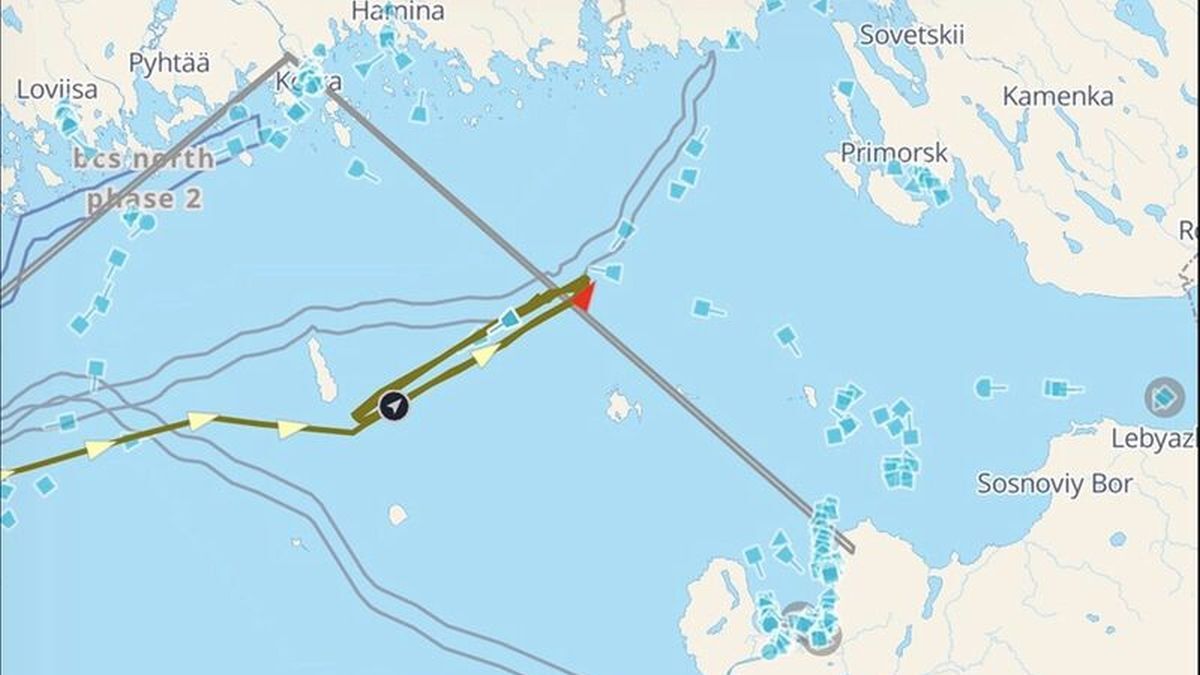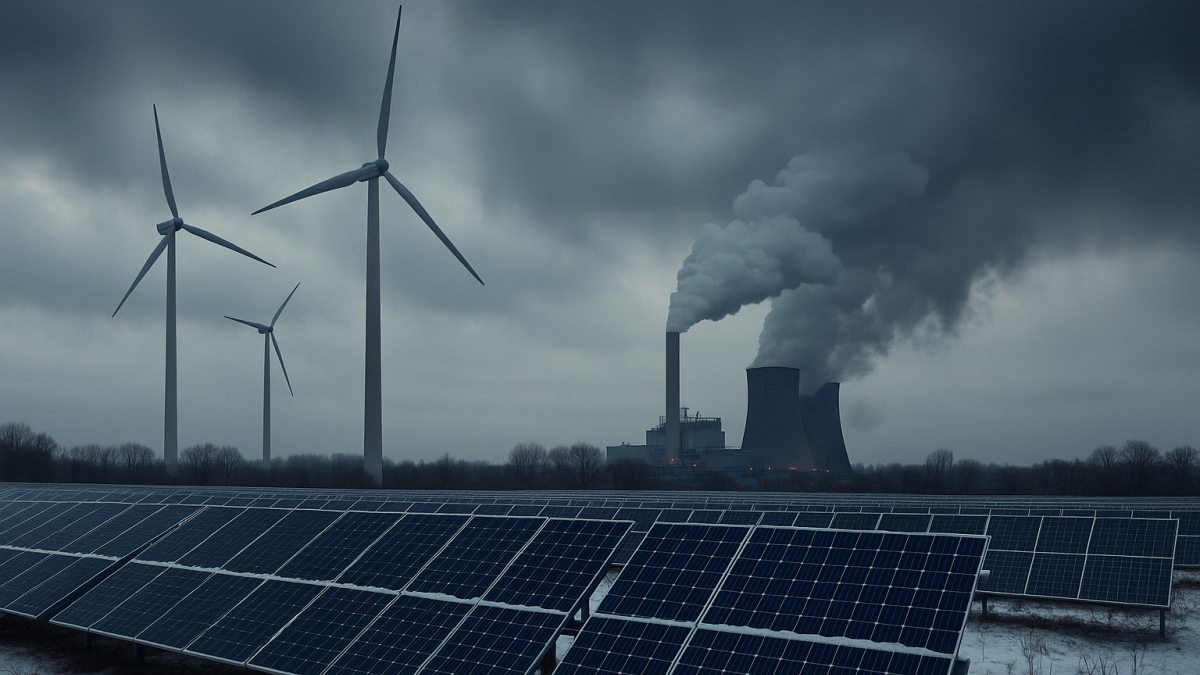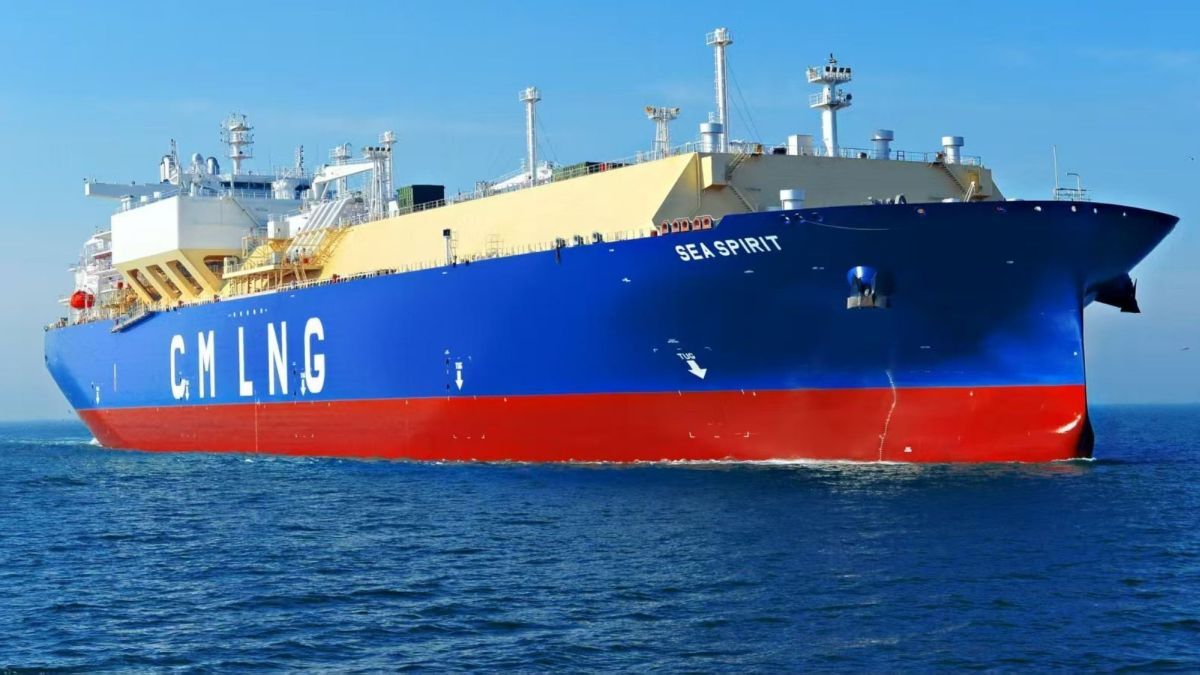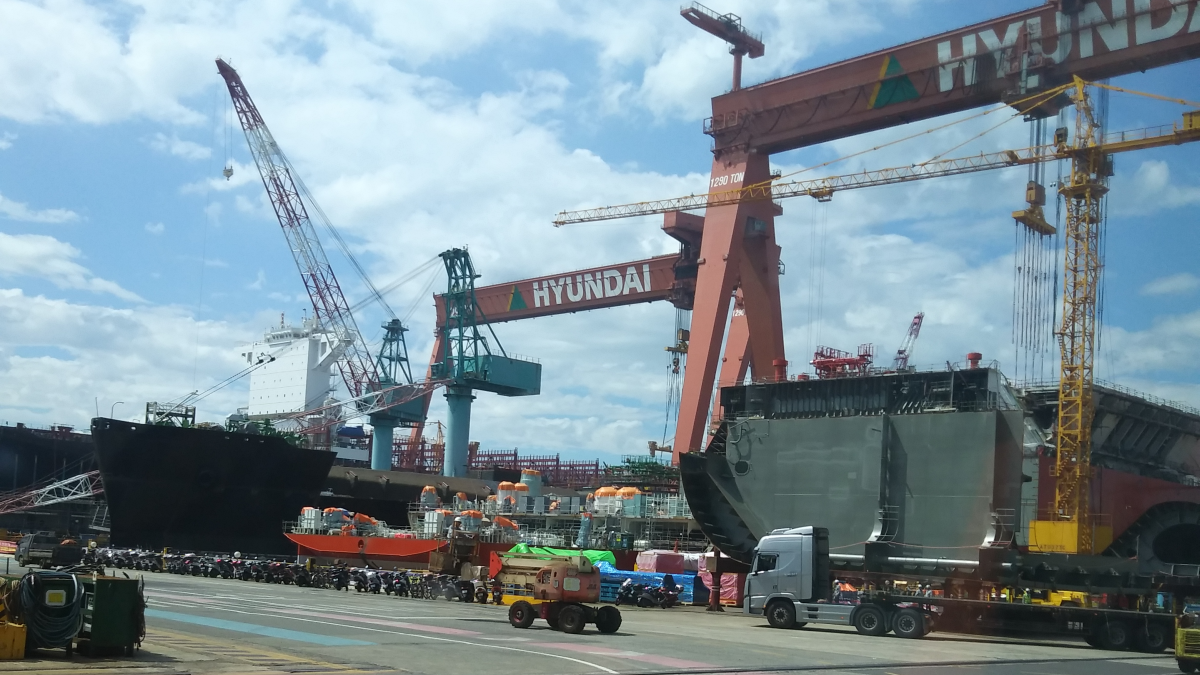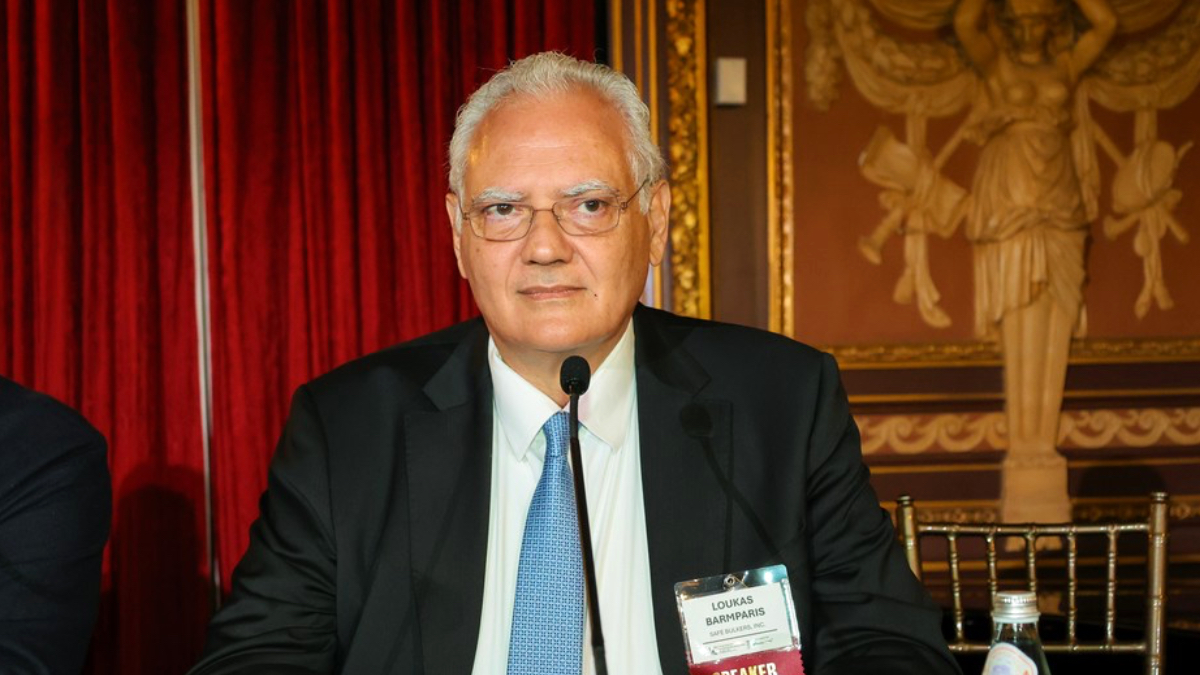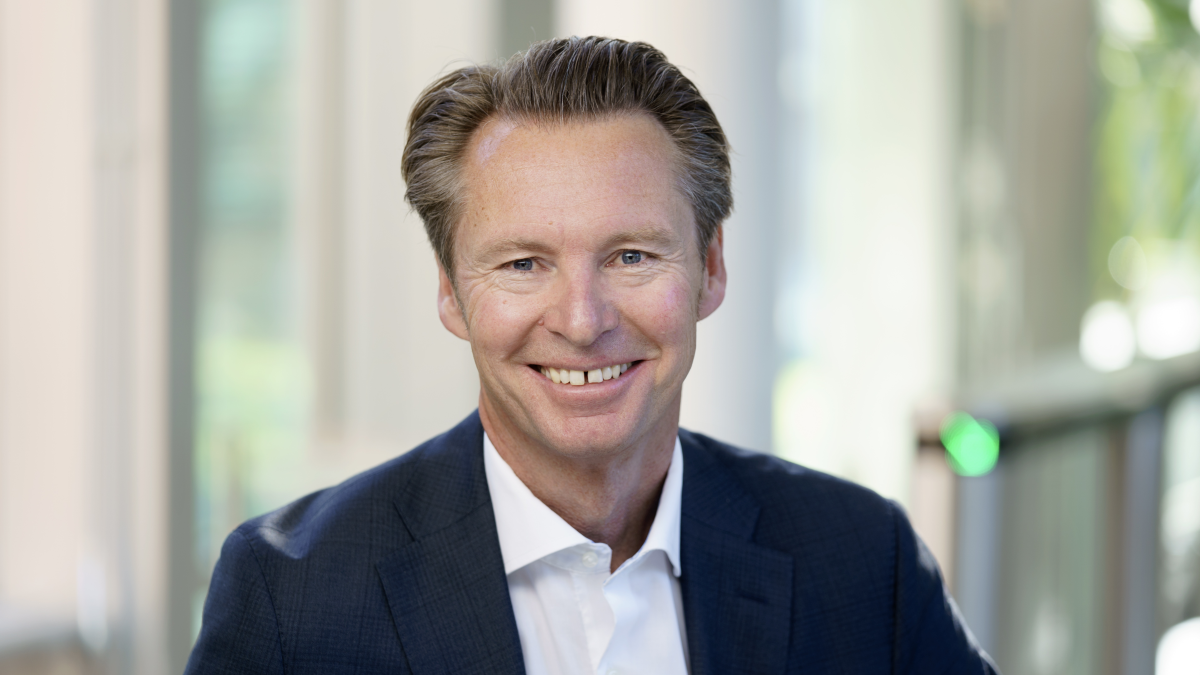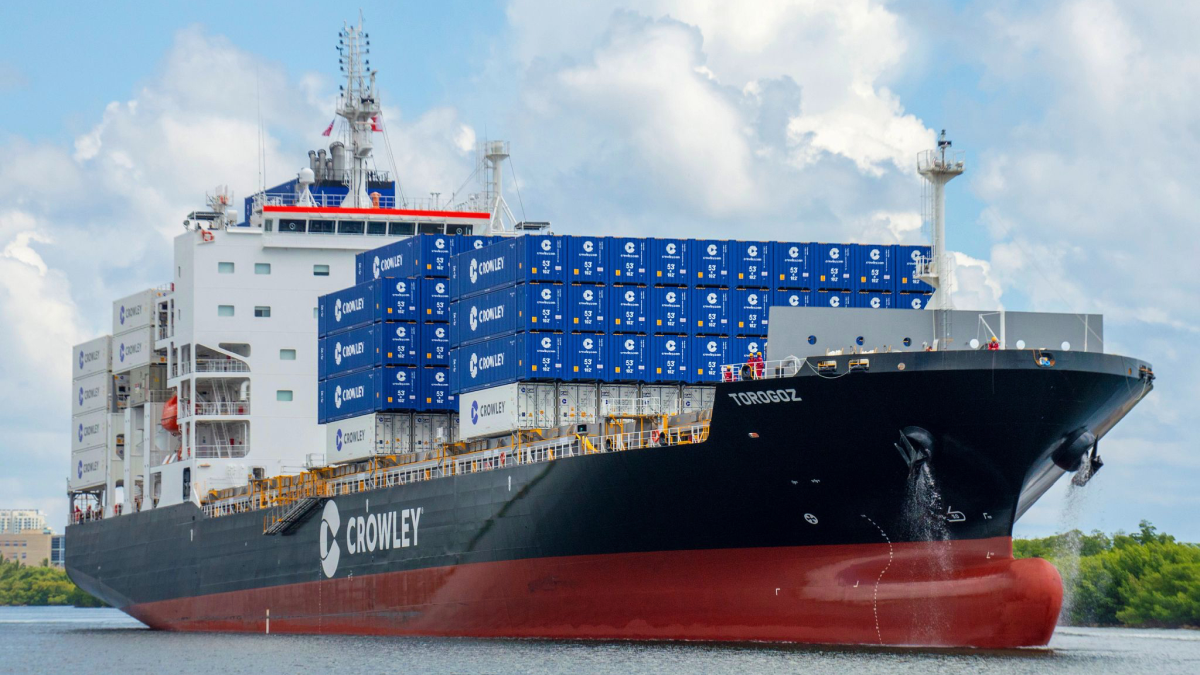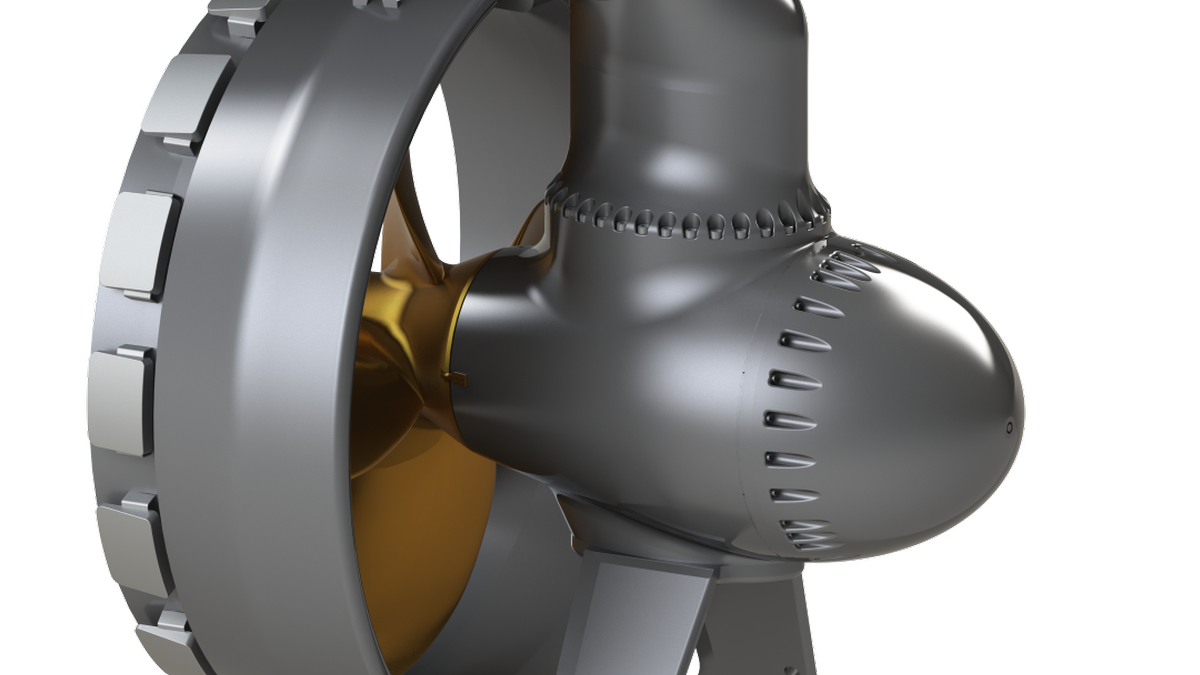Business Sectors
Events
Contents
Engine-makers and LNG lobby downplay methane slip research concerns
Wärtsilä and SEA-LNG took issue with research showing higher levels of methane slip from four-stroke, LNG engines than those used in framing emissions legislation
During a quarterly earnings call, Wärtsilä chief executive Håkan Agnevall was asked about the results of a recent study from a group of international collaborators: the US-based non-governmental organisation International Council on Clean Transportation (ICCT), Danish emissions measuring specialist Explicit ApS and the Netherlands Organisation for Applied Scientific Research.
The study, called the Fugitive and Unburned Methane Emissions from Ships (FUMES) project, found that levels of unburned fuel escaping from engine exhaust during combustion, known as methane slip, were elevated at low engine loads for the four-stroke, low-pressure, Otto-cycle LNG dual-fuel engine types. The study also found the percentages of unburned fuel that maritime regulators such as International Maritime Organization (IMO) and the European Union were using in the emissions calculations underpinning the regulations applied to maritime vessels, were far too low.
Based on the results from the study, methane slip calculated from 22 measurements of 18 unique ships that exclusively used the four-stroke, low-pressure, Otto-cycle LNG dual-fuel types of engines averaged 6.42%, with a median of 6.05%. For six measurements at or above 50% combined engine load, the average remained above 6.00%, at 6.07% and the median was 6.59%, the ICCT reported.
By contrast, methane slip from such engines is assumed by EU regulators to be 3.10% and by IMO regulators to be 3.50%. The FUMES study found that 77% of its real-world methane-slip measurements exceeded the regulators’ assumed levels.
In response to the methane-slip question during Wärtsilä’s quarterly earnings call, Mr Agnevall stressed methane slip is a critical issue for the industry to solve, but distanced the performance of his company’s engines from the study’s results.
"Methane slip should be taken very seriously, first of all. Secondly, if you look at the Wärtsilä [engine-based methane slip mitigation results] over time, the methane slip has reduced significantly. And just [in] the last year, we have taken further steps to even further reduce it. And there are independent studies... by reputable academic institutions that show Wärtsilä is world-leading in [mitigating] methane-slip on four-stroke [engines]. And we are now getting very close to 1 g per kWh, which is outstanding, and we will continue the journey."
Mr Agnevall said it is "good to have this focus on methane slip" but research needs to "look at the performance of the engines from different suppliers and you also need to look at the vintage of the engine".
He said a new LNG-fuelled engine is "something completely different from an LNG engine from, maybe 10 years ago".
Mr Agnevall said Wärtsilä is "so confident" in its engines’ performance the company signs performance agreements for its engines and the company "has the risks clearly under control".
Wärtsilä is a member of the industry LNG lobby group SEA-LNG, and SEA-LNG had a more forceful response to the FUMES study, taking issue with the study’s "significant methodological limitations" and seeking to contextualise the study’s results "in the broader context of the full-scale operational conditions of the ships, not just in ports and near-shore operations".
SEA-LNG said the "limitations" of the FUMES study – it cited among these the use of "experimental" drone-based emissions measurements, a small number of vessels monitored in the study and not taking direct measurements from engines – "call into question its relevance as an input into regulatory development," particularly the emissions factors used by IMO and the EU in crafting regulations.
Instead, SEA-LNG suggested "the emissions factors used in EU and IMO regulations should be based on certified operational measurements of the exhaust gas emissions from different propulsion and auxiliary engine technologies".
SEA-LNG said engine manufacturers should have the ability to update the emissions factors used in regulations "as engine manufacturers continue to improve the emissions performance of their new engines and technology providers develop methane abatement technologies which can be retrofitted to existing engines".
Riviera Maritime Media’s Maritime Decarbonisation Conference, Asia 2024 will be held in Singapore, 4-5 March 2024, click here for more information on this industry-leading event
Related to this Story
Events
Offshore Support Journal Conference, Americas 2025
LNG Shipping & Terminals Conference 2025
Vessel Optimisation Webinar Week
© 2024 Riviera Maritime Media Ltd.




